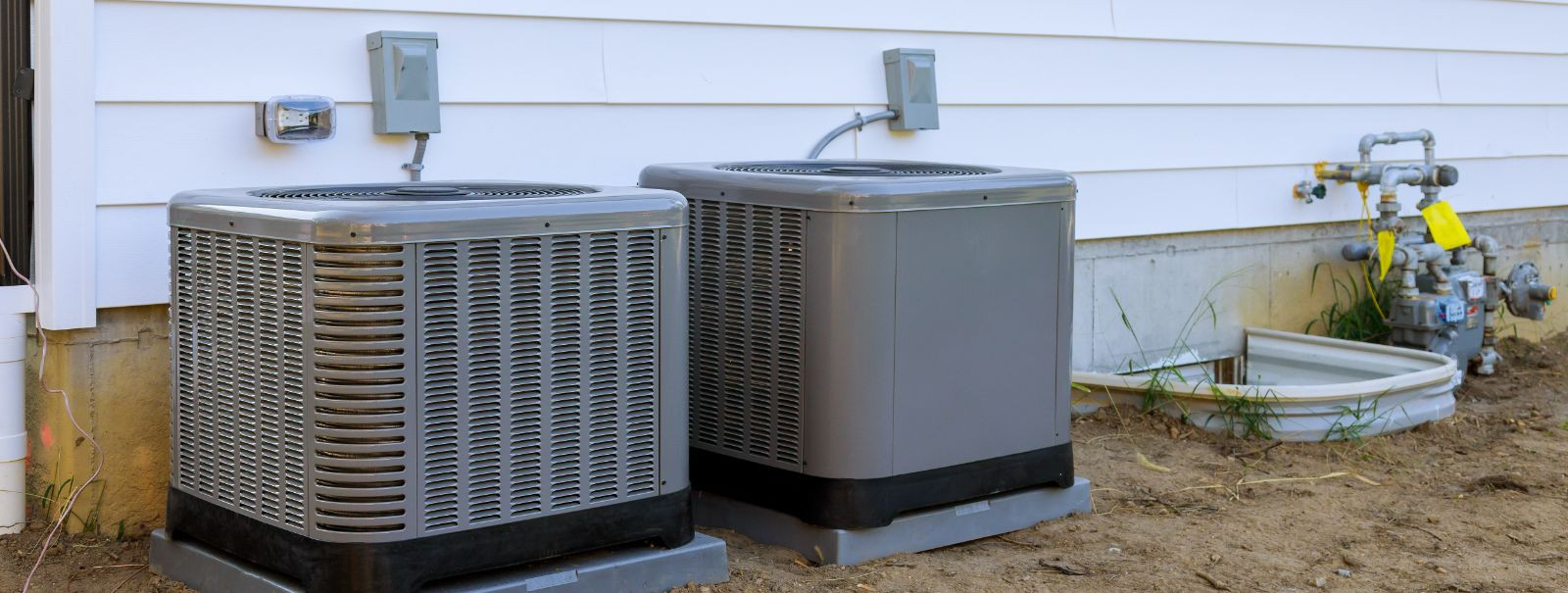The homeowner's guide to energy-efficient heating
Energy efficiency in heating refers to the use of technology and practices that reduce the amount of energy required to heat a home. This not only saves homeowners money on utility bills but also minimizes the environmental impact of heating practices.
Energy-efficient heating is crucial for several reasons. It reduces the demand for energy, which can lead to lower greenhouse gas emissions and a smaller carbon footprint. Additionally, it can significantly lower energy bills, making it a financially smart choice for homeowners.
Types of Energy-Efficient Heating Systems
Heat pumps are one of the most energy-efficient heating options available. They work by transferring heat from the outside air or ground into your home. There are several types of heat pumps, including air-source, ground-source, and water-source, each with its own set of benefits.
Solar heating systems use solar panels to capture energy from the sun and convert it into heat for your home. This renewable energy source can significantly reduce your reliance on traditional heating fuels.
Geothermal heating systems utilize the stable temperature of the earth just below the surface to heat and cool homes. They are highly efficient and can provide both heating and cooling solutions.
Modern high-efficiency boilers and furnaces can achieve much higher efficiency rates than older models, often converting nearly all the fuel to useful heat for your home.
Hydronic radiant heating systems circulate hot water through pipes installed in the floor. This type of heating provides even warmth and can be more efficient than traditional forced-air systems.
Improving the Efficiency of Your Existing Heating System
Regular maintenance of your heating system can help ensure it operates at peak efficiency. This includes cleaning or replacing filters, checking for leaks, and having professional inspections.
Smart thermostats can optimize your heating usage by learning your schedule and adjusting temperatures accordingly. They can be controlled remotely and provide valuable data on your energy consumption.
Proper insulation and weatherization can prevent heat loss through walls, roofs, and windows, making your heating system more efficient.
Energy-efficient windows and doors are designed to keep heat in during the winter and out during the summer, further improving the efficiency of your heating system.
Considerations for Choosing a New Heating System
Before choosing a new heating system, it's important to assess your home's specific needs, including size, layout, and existing infrastructure.
While energy-efficient heating systems can be more expensive upfront, they often lead to significant long-term savings on energy bills.
Your local climate and geography can influence the best type of heating system for your home. For example, homes in colder regions may benefit more from geothermal heating.
Many governments and utility companies offer incentives and rebates for installing energy-efficient heating systems, which can help offset the initial costs.






Comments (0)